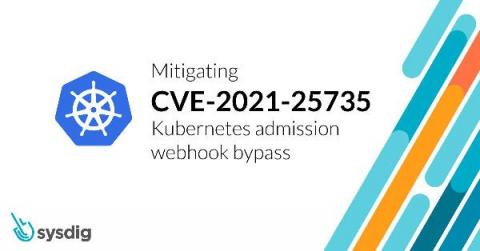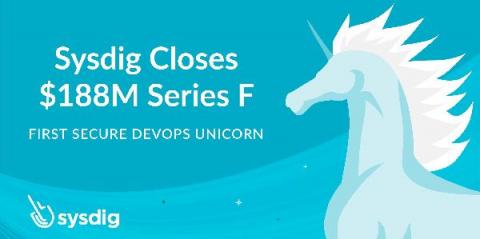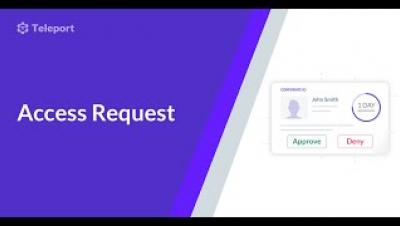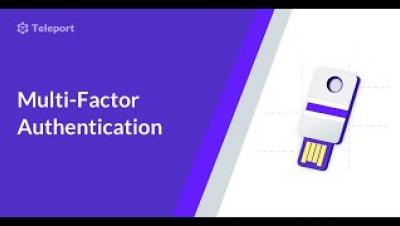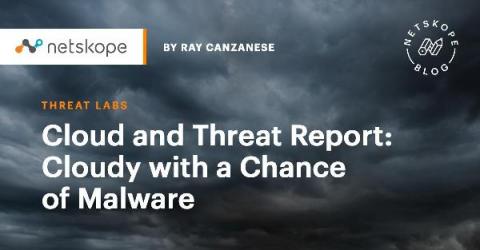What Docker runtime deprecation means for your Kubernetes
On December 8, 2020, Kubernetes released version 1.20—the third and final release of the popular container orchestration platform in 2020. Kubernetes noted in a blog post that the version contained 42 enhancements. Of those enhancements, 16 entered into alpha, while the remainder moved to beta or graduated to stable at 15 and 11, respectively.







